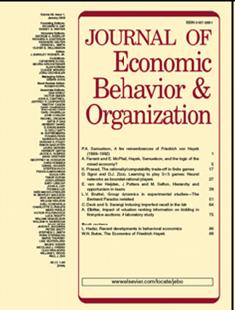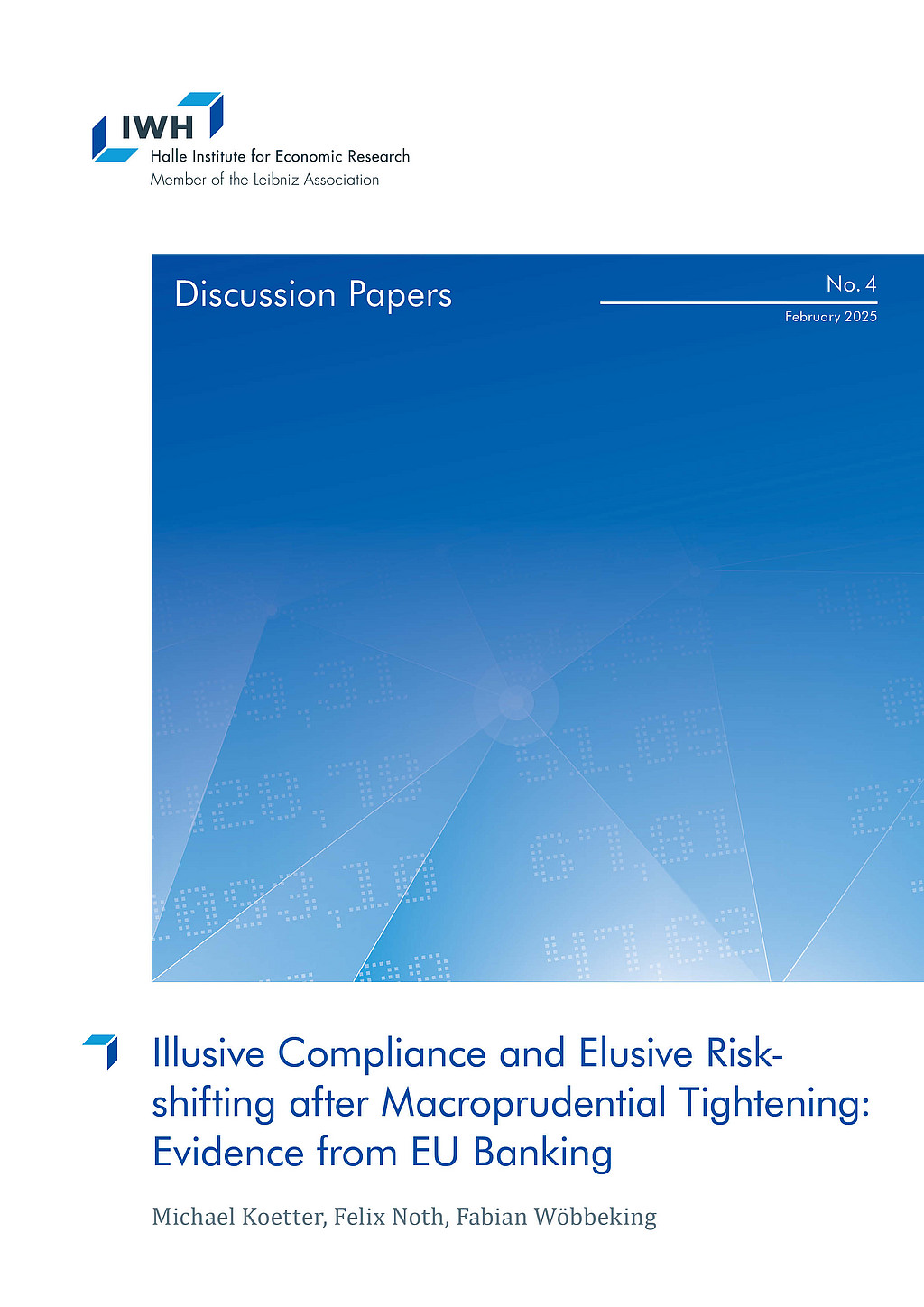Juniorprofessor Dr. Fabian Wöbbeking

Aktuelle Position
seit 1/23
Leiter der Forschungsgruppe Data Science in der Finanzökonomik
Leibniz-Institut für Wirtschaftsforschung Halle (IWH)
seit 9/22
Wissenschaftlicher Mitarbeiter der Abteilung Finanzmärkte
Leibniz-Institut für Wirtschaftsforschung Halle (IWH)
seit 12/22
Juniorprofessor
Martin-Luther-Universität Halle-Wittenberg
Forschungsschwerpunkte
- Data Science
- Finanzintermediation
- Analyse systemischen Risikos
Fabian Wöbbeking ist seit September 2022 wissenschaftlicher Mitarbeiter in der Abteilung Finanzmärkte und seit Dezember 2022 Juniorprofessor an der Martin-Luther-Universität Halle-Wittenberg. Er beschäftigt sich mit Data Science Methoden zur Generierung ökonomischer Indikatoren aus unstrukturierten Datensätzen und forscht zu den Themen Finanzintermediation, Risikomanagement, Systemische Risiken, Machine Learning und Bayesianische Methodik in der Finanzökonomie.
Fabian Wöbbeking hat an der Frankfurt School of Finance & Management studiert und an der Goethe-Universität Frankfurt promoviert.









